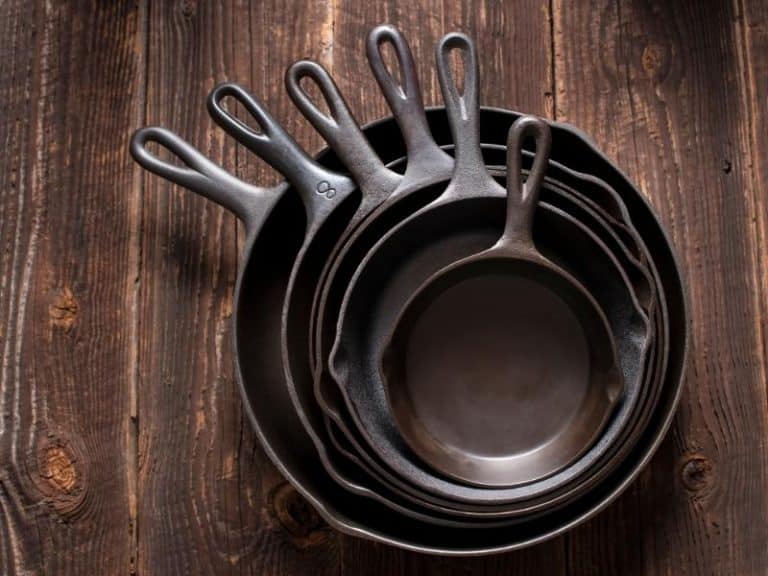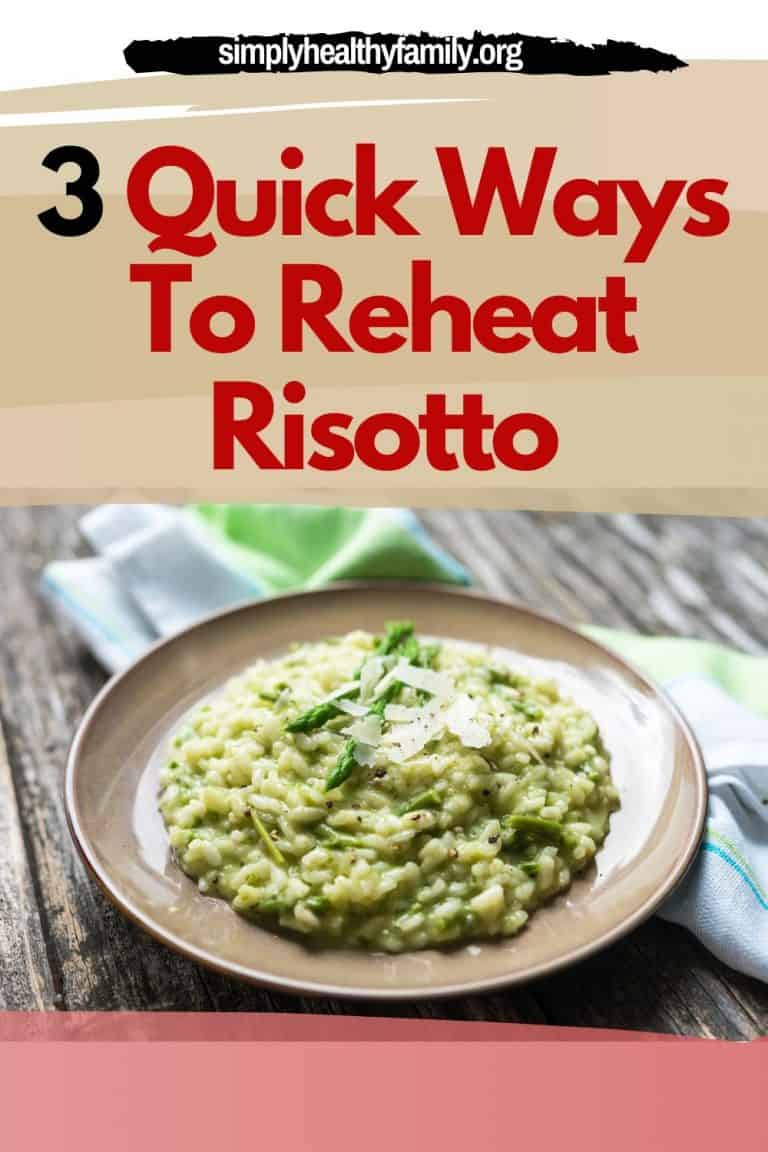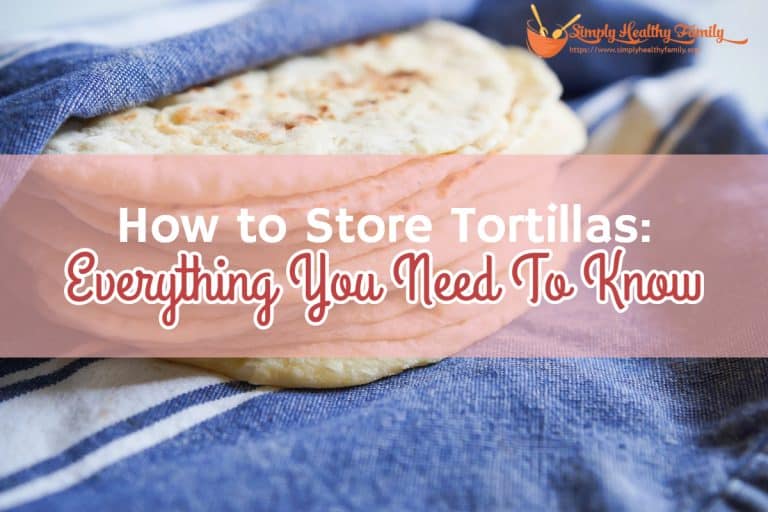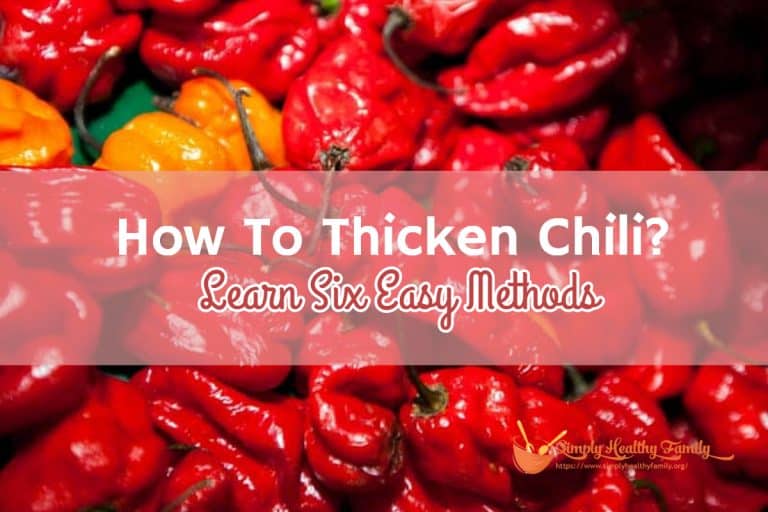How Often Do You Water Herbs? A Guide to Watering Your Herbs
As a rule of thumb, you should water most herbs only about once every week. If you live in a very dry climate, then you may consider bumping this up to twice per week or even more.
Herbs are potent and crisp, but they don’t stay that way if you get their watering routine wrong. If your herbs are looking a little dry and limp, or they appear to have turned yellow and mushy, then the likelihood is that you are watering them incorrectly.
Don’t worry if you are still unsure if watering your herbs once per week is the right thing for you, as I will cover all of the tell-tale herb watering signs that you need to look for and more. I have also covered what herbs are great to plant in drought-tolerant areas and what herbs love the cold. Enjoy!
Herb Watering Guide
Like all plants, herbs are very sensitive to changes in their watering habits. Overwatering or underwatering herbs can lead to them deteriorating very quickly, so it is vital that you understand their needs from the get-go.
1. Check the Soil’s Moisture Content
Checking the solid moisture content daily is important so that you don’t let the soil dry out too much between watering and avoid overwatering your plants. What herb are you growing? For example, basil likes to grow in damp soil, so if you wait until the soil is completely dry before watering it, you run the risk of drying your plant out.
You won’t need to use anything overcomplicated or technical to measure the moisture levels in the soil; poking your finger into the soil about an inch deep is a good enough indicator. Assess whether the herb needs watering according to how damp the soil is.
2. Inspect the Plant’s Leaves and Stem
Before you proceed to water your plant or decide that it can wait another day or so, you should check the herb for signs of dehydration or overwatering. Dehydrated plants will be dull and yellow in color. They will also have very dry, brittle leaves that almost look a little sun-damaged.
On the other hand, overwatered plants will be soggy and limp, and they lose their crisp texture. They may also have black, rotten roots, so if you suspect that your herb is drowning in water, you should re-pot it in new dry soil.
3. Are Your Herbs Potted Individually or Planted in the Garden?
Herbs planted in individual pots will need more frequent watering, whereas herbs planted in containers in the garden will require about ½ a liter of water per square foot of soil every week.
4. Water the Herb Until the Soil is Soaked Through
Potted herbs need to be watered until the soil is completely soaked with water but not swimming in water.
What Happens if You Overwater Herbs?
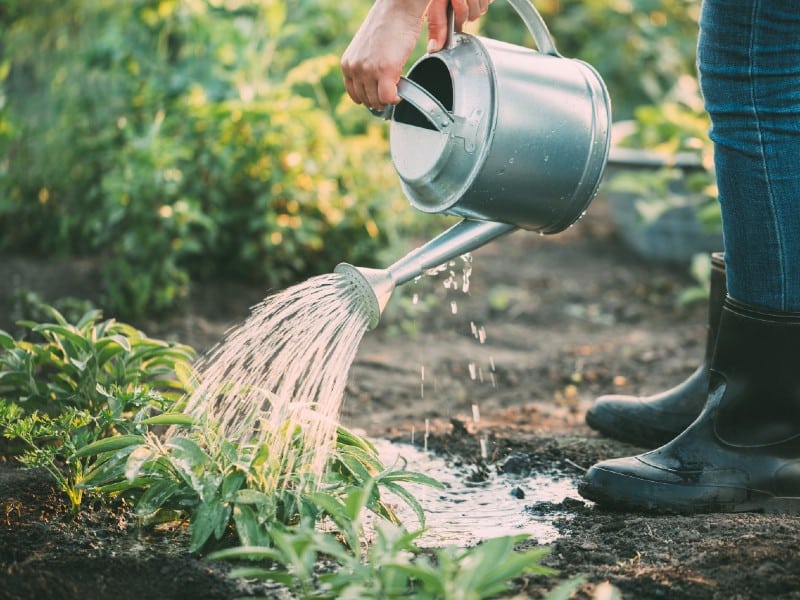
Overwatered herbs are harder to save than underwatered herbs. Overwatered herbs can drown in the soil, and their roots eventually suffocate and turn black. If your herb has black roots, then it is suffering from root rot and will need to be trimmed and propagated to give it a new lease of life.
Choosing Herbs to Plant
To avoid having to battle with the weather, you should think about what herbs will benefit from the climate you are living in rather than fighting a losing battle against the elements. Take a look at the overview of easy-to-grow drought-tolerant herbs and cold-loving herbs that will give you some ideas of what to grow.
Drought-Tolerant Herbs
Bay Leaves
Bay leaves are very dominant herbs that go brilliantly in soups and stews. You won’t be able to grow bay leaves inside your home as they grow on trees, but you can plant a small tree in a container in your garden and prune it regularly. It will also look like a beautiful and stylish accent in your garden!
Lavender
Lavender is a very versatile herb that can be grown in most hardiness zones. The most popular species can be grown in hardiness zones five through to eight.
Lavender is extremely fragrant and is often used to make candles and in cosmetic products. This is a great herb to grow in your home as it will look stunning in your garden and give a lovely calm ambiance in the area it is grown in.
Lemon Balm
Lemon balm is part of the mint family of herbs and tastes great in herbal teas and drinks. I suggest growing this plant in a very isolated spot in the garden where it won’t be disturbed by other plants or by your pets.
Oregano
If you love cooking, then you will know that keeping an oregano plant in your home will come in handy. This herb needs regular pruning; otherwise, it could grow to over 30 inches tall! Keeping oregano trimmed will increase the quality of the herb, so make sure you are mindful of its size and don’t forget to use its healthy leaves up!
Cold-Loving Herbs
Mint
Mint plants come in many varieties; from peppermint to chocolate mint, the choices are endless! If you want to challenge yourself, even more, you can grow certain species of mint from seedlings, and because of this, mint is a very popular plant indeed.
Mint tastes great in food and in hot drinks. There is nothing better than using home-grown mint with lamb, in salads, or thrown into hot teas. You will be glad you chose to grow mint, that is for sure.
Thyme
Thyme is a potent herb that is often used for cooking meat dishes. Not only is thyme great in food, but it is also thought to have strong medicinal properties.
Sage
Sage has woody stems and grown leaves that look beautiful in the cold winter months. It is often eaten dry and ground in various dishes, but it can also be used in food as whole leaves as they are very small and delicate.
Chives
Chives are popular herbs alongside cheese and other rich and creamy dishes. This is one of the easiest herbs to grow in your garden and is great for beginners to grow.
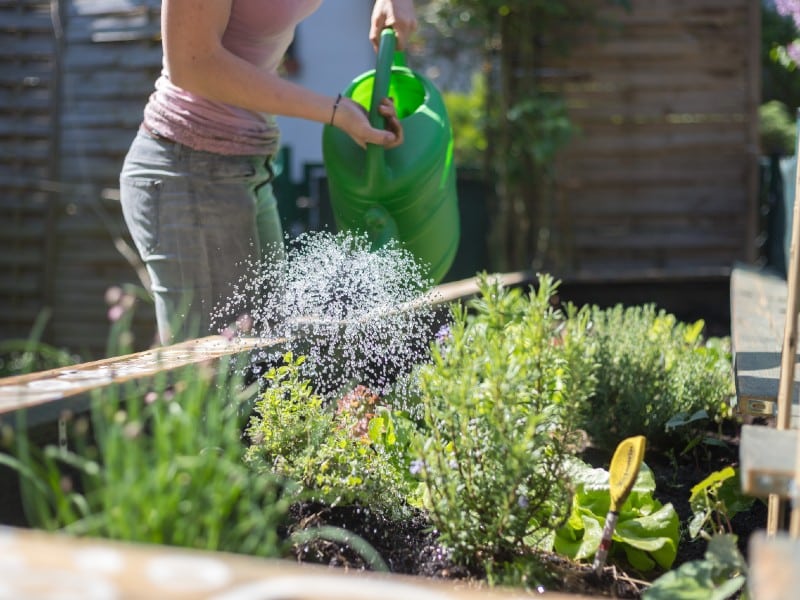
FAQ:
Do you want to learn more about herbs? The following frequently asked questions section and answers will help you tackle your herby issues.
Q: What are the most popular herbs?
A: If you are looking to start a herb garden, you will benefit greatly from growing herbs that are going to be useful for you daily. Basil, dill, mint, oregano, parsley, and rosemary are some of the most popular culinary herbs.
Q: What herbs help with anxiety?
A: Some aromatic herbs will help tackle anxiety and stress. Herbs such as Valeria and lavender have particularly great calming properties that can help with sleep problems.
Q: Is ginger a herb?
A: Ginger is classed as a herb.
Q: Can I grow herbs indoors?
A: Herbs are plants and therefore need sufficient sunlight to grow to their full potential. If you want to grow herbs inside, you should choose a room with plenty of natural sunlight that doesn’t get too hot or too cold.
Q: Can I buy herb plants online?
A: Yes, you can purchase herbs online, but the only downside of doing so is that you won’t be able to see the quality of the plant before it arrives. I suggest purchasing herb seeds online instead and going to your local garden center to buy fully grown herbs.
Q: Can I dry herbs at home?
A: Yes, you can dry out the herbs that you pick at home. Drying herbs will make them last longer as long as they are stored in an air-tight container.
Q: What are herbs?
A: Herbs are plants, but they are different from other edible plants because they have both savory and aromatic properties. Herbs can be used in drinks, food, and Chinese medicine.
Q: How should I store fresh herbs?
A: Once you have cut away the fresh leaves, you should wash them well and wrap the leaves in paper towels before putting them into an air-tight container and refrigerating them. This will keep the leaves fresh for longer, and they are ready for you to use as soon as you need them.
Q: How are herbs different from spices?
A: Herbs and spices come from plants, but herbs are the leaves of the plant, whereas spices come from the root or the stem of particular plants. Spices are used for seasoning, whereas herbs are leaves used for flavoring food and drink and are often removed before serving.
Do you feel like a herb expert yet? Please share any extra information with the rest of the readers and me in the comments section below! After all, you can never know too much about these beautiful plants!
[eh_optimize_youtube_embed video=”https://www.youtube.com/watch?v=UJznLIGL1P4″ banner=”https://www.familyfoodgarden.com/wp-content/uploads/2021/08/herbs-1.jpg”]

